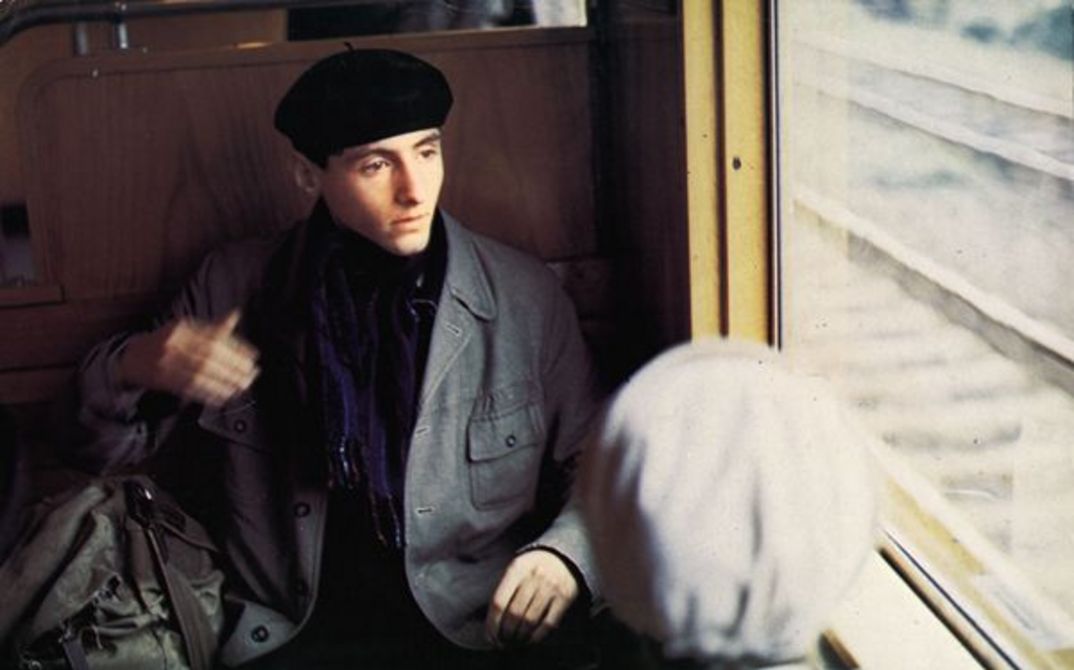“In his films, he assembles a family, people from all manner of countries, shipwrecked people, and those crossing borders, dreamers and scroungers”, wrote Michael Töteberg about Peter Lilienthal. A film series to coincide with Lilienthal’s 90th birthday shows the thematic and stylistic breadth of his work, which was created in Germany, but also in Israel, Latin America, and the US.
DAVID (West Germany 1979, 1.11.) shows the life of a Jewish adolescent in Berlin during the Nazi era, whose family is falling apart in face of the threat. Lilienthal, who escaped Berlin in 1938 and fled to Uruguay, succeeds in making a piercing study with tinges of the autobiographical.
DER AUFSTAND (West Germany 1980, 2.11.) was made in relation to Lilienthal’s engagement in Latin America as a direct reaction to the Sandinista Revolution and shows how a government solider moves to the side of the revolutionaries.
DEAR MR. WONDERFUL (West Germany 1982, 3.11.) is set in North America and features Scorsese star Joe Pesci as the owner of a run-down bowling alley who loses everything when he gets in the way of real estate speculators.
DAS AUTOGRAMM (West Germany/France 1984, 8.11.) is set in a Latin American ruled by dictators. A boxer and a bandoneon player make a living at public fairs, but are forced by the circumstances to take on a political stance.
DAS SCHWEIGEN DES DICHTERS (West Germany 1987, 9.11.) A poet refuses to put his apparently mentally handicapped son into a home. Years later, the son takes on the care of his now-elderly father and discovers the world of language thanks to his poems.
DER RADFAHRER VON SAN CRISTOBAL (West Germany 1989, 10.11.) shows a protagonist who is actually apolitical, but who must show his political and moral integrity in conflict with political forces.
The film series was put together as a collaboration between the Deutsche Kinemathek, the Vietinghoff Filmproduktion, the Zeughauskino, the Akademie der Künste, and the Edgar-Reitz-Stiftung. The digitization of the films was supported by the FFA’s film heritage funding program.

